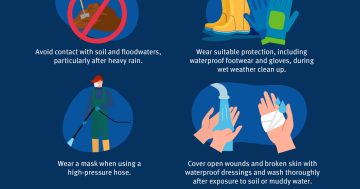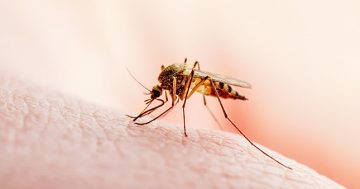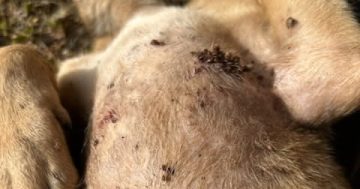Health authorities are managing the two cases of a highly contagious bacterial skin infection that can lead to kidney disease if left untreated.
Torres and Cape Hospital and Health Service public health medical officer Dr Liz Peach said a screening program for Acute Post-Streptococcal Glomerulonephritis (APSGN), would be undertaken at Kowanyama from today (December 14).
The program will target all children aged to 17, totalling about 350 people.
“This is the most at-risk group,” Dr Peach said.
She also said that if untreated, APSGN could lead to more serious problems, such as chronic kidney problems and even death, so they should never be ignored.
“Treatment is quite simple, through a single injection of antibiotics and, if necessary, medication to control blood pressure,” she said.
“Most people make a good recovery with no evidence of any lasting long-term effects.”
Dr Peach said the screening program would help identify any undetected cases and provide treatment to those with identifiable Strep symptoms.
Symptoms to look out for are skin sores, itch from scabies, or a sore throat.
A puffy face and limbs, or sometimes reddish urine, could signal kidney problems.
High blood pressure, passing blood in the urine, fever, headache, anorexia, nausea, or vomiting also can result from kidney issues.
“Anyone with any concerns, or currently exhibiting symptoms, should visit the Kowanyama Primary Healthcare Centre, or Apunipima, or the Royal Flying Doctor Service clinic for advice,” she said.
Dr Peach said residents could prevent skin infections, and kidney complications, in children by first aid for minor injuries and regular washing or swimming.
“As well as controlling the spread of skin infections, good hygiene also is vital in helping ensure kidney complications do not occur in the first place,” she said.
Last year, there was one case of the disease recorded on the Western Cape in the Weipa-Mapoon-Napranum area that required community screening and treatment.







